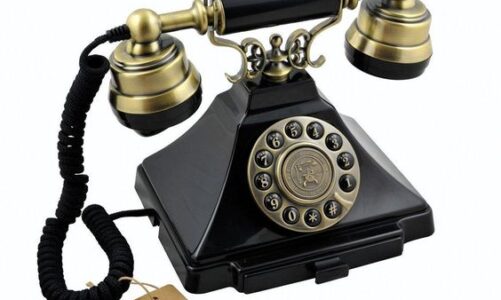Contents
A personal loan has recently gained popularity as a form of finance. One may assume that there is a high demand for these loans based on the volume of calls, emails, and messages we receive from lenders offering loans. A personal loan is unrelated to any specific item or use, as the name suggests. Instead, it is a generic, all-purpose loan that you are free to use for any needs you may have. Because there is no collateral requirement, there is little paperwork, and personal loans are processed quickly, millennials who are strapped for time are turning to them as their preferred form of financing. Another feature that makes personal loans attractive is that they ultimately cost less than your credit card. But before applying for personal loans on some of the best personal loan apps, here are some of the things you need to know.
More Interest Rates Are Charged For Personal Loans Than For Secured Loans
In general, lenders charge higher interest rates for unsecured loans like personal loans than for secured loans like home loans. You pledge your own home as collateral when applying for a home equity loan. Only do it if you have enough equity in it to do so. Because you risk losing your own home if there is a default.
Another option for a personal loan is a balance transfer on a credit card. Consider other sources’ offers, compare them to those for personal loans, and choose the one you think will work best for you. Make sure to pay off the balance on your credit card before the expiration date when transferring balances.
Those with poor credit end up paying greater interest rates than those with solid CIBIL scores.
Your Credit Score May Be Affected By A Loan
A personal loan is simple to obtain. However, you must know the risks connected to default situations. For example, your CIBIL score could be negatively impacted by not making the loan repayments on time since they could drop significantly. Additionally, this will have an impact on your future ability to obtain loans.
The terms and conditions of your personal loan have also set you up for a trap. You cannot default on an unsecured loan if you get into financial difficulties. If you don’t pay your bills on time, your lender may charge you extra fees on the principal and interest. Before committing, carefully review the terms and conditions of the personal loan you are considering.
Be Mindful Of The Loan’s Deadline
You may be aware of the likely course of action your lender will follow if you default on the loan. But have you ever thought about the time frame? It can be shorter than you anticipate. For example, you might be awarded a grace period of 7–14 days when you default. After that, it will reflect on your credit report.
Lenders will typically be happy to assist struggling borrowers. However, you must immediately speak with your lender to explain your circumstances. The term could be longer. Even longer payment breaks may be permitted by your lender.
Lenders May React Differently To Loan Defaulters. However, The Overall Timetable Is As Follows, So Prepare Yourself
After 30 to 60 days: Within 30 days of your default, your lender will get in touch with you. You can incur late payment fees from the individual or organisation. The issuer of your credit card will then be informed. Your credit score declines as a result of this. Even after 60 days, your lender will make an effort to work with you. However, credit card issuers will be aware of this, drastically declining your credit.
Your lender will contact you once 90 days have passed. And you might experience more challenges this time. Your lender does this in an effort to recover at least a portion of the debt you owe. So you might have the chance to resolve the dispute. However, there can be fees and penalties for making late payments on an unsecured loan.




